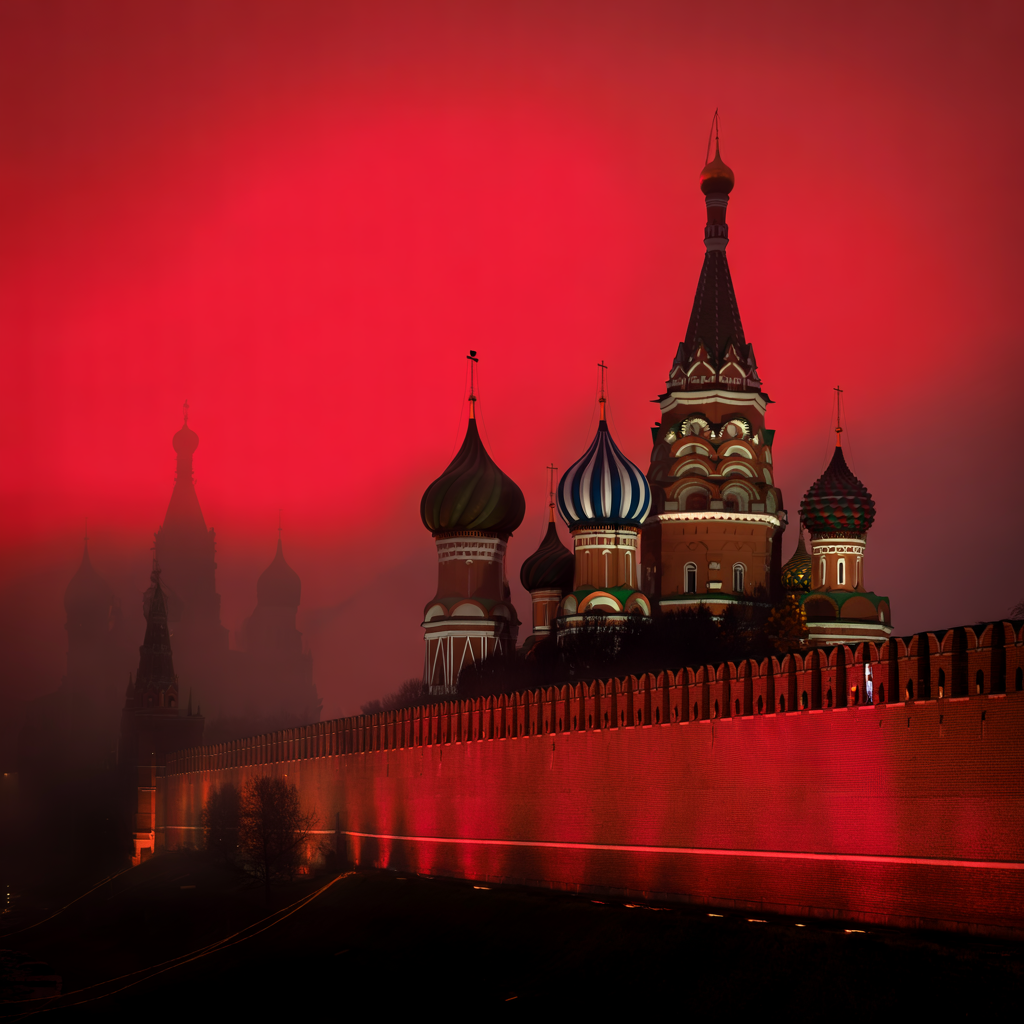
Table of Contents
A “Red Week” of mourning
A “Red Week” of mourning and raising awareness
A time to denounce the ongoing massacres of Christians and other religious minorities across the globe, based on the latest reports of 2025.
A Week of Blood and Silence. Why We Call it the “Red Week”
There is a tragic rhythm to our world today: a colour, red, that spills across nations in violence, loss, and the silencing of faith. In choosing to call this a “Red Week,” we intend to give shape to the suffering: a full week of remembrance, of raising our voice in solidarity with the persecuted, of refusing to look away.
Red speaks of blood, of martyrdom, of the wounds of those who follow Christ (and of all religious believers) simply for being who they are. It reminds us of the suffering endured by the communities we are called to stand with. The week becomes a sacred space: a time to lament, to pray, to act.
The Global Landscape. Where Christian Believers Are Under Fire
Nigeria
In Nigeria, the figures are sobering. A report published in August 2025 by Intersociety states that in the first 220 days of 2025, at least 7,087 Christians were massacred — a daily average of 32 killed. (catholicworldreport.com) Furthermore, 7,899 were abducted during the same period.
These attacks, according to the report, are carried out by around 22 jihadist and extremist groups. (catholicworldreport.com) One region flagged is the central‑belt and the rural mission territories. In one instance, a village such as Yelwata saw an estimated 100–200 Christians killed and several thousand displaced. (Wikipedia)
The massacre of Christians simply for their faith is being increasingly documented. (chrissmith.house.gov)
Democratic Republic of the Congo (DRC)
In the Democratic Republic of the Congo (DRC), the situation of Christian believers is likewise dire. According to reporting from June 2025, the Islamist militant group known as Allied Democratic Forces (ADF) affiliated with IS‑CAP has become one of the deadliest threats to Christians: from January to June 2024 alone, it claimed responsibility for killing 639 Christians. (persecution.org)
A notable atrocity: the Kasanga massacre (12 Feb 2025) where about 70 Christians were abducted and beheaded in a Protestant church in North Kivu. (Wikipedia)
Other Regions and Patterns
The problem is not confined to one land or region. Reports from the Pontifical Foundation Aid to the Church in Need (ACN) Activity Report of 2025 note that in Nigeria’s Benue region alone around 200 displaced Christians were massacred. (Church in Need)
In addition, religiously‑motivated violence across African and Latin American nations is on the rise: “Christian Persecution Pervades Christian‑Majority Nations” was the title of a June 2025 report. (persecution.org)
What Drives This Violence?
- Religious hatred: The faith of Christian believers (or their identity as Christians) becomes the reason they are attacked or killed. As one statement put it: “Christians in Nigeria targeted, massacred solely because of their faith.” (chrissmith.house.gov)
- Ideological extremism: Groups like IS/IS‑CAP, ADF, jihadist militias are fighting with a deadly agenda. (persecution.org)
- Weak governance and impunity: Many massacres take place in remote areas, with limited state protection, and the perpetrators often go unpunished.
- Land/ethnic resource conflict: In places like Nigeria, some of the violence is also tied to land‑seizure, displacement of Christian communities, especially by herdsmen or militia. (Church in Need)
- Silence and neglect: A recurring theme: that the suffering is under‑reported, unnoticed, un‑responded to. That itself amplifies the horror, because the victims often feel abandoned.
Why a “Red Week” Matters
Taking a week to reflect, pray, advocate, and remember has multiple purposes:
- Solidarity >>> Let Christian and other religious communities who are suffering know they are neither forgotten nor alone.
- Awareness >>> The world often doesn’t see what is happening in remote rural areas, or inside wars and insurgencies. A Red Week shines a light.
- Intercession >>> For believers, this is a time to bring before God the martyrs, the wounded, the displaced; to pray for the persecutors too. Not as enemies but as human beings who need conversion.
- Action >>> Prayer must lead to action: advocacy for policy, relief for displaced persons, support for churches and mission communities under threat.
- Transformation >>> As the Christian tradition of martyrdom reminds us, blood shed in faith cries out for justice, reconciliation, conversion. The Red Week is not only mourning but a call to transformation: for the world, for the Church, for each of us.
What Can We Do During This “Red Week”?
Daily Rhythm Suggestions
- Day 1 >>> Lament: Read scripture (e.g., Revelation 6:9‑11; Psalm 79). Reflect on the blood of the martyrs. Pray for victims in Nigeria, DRC, and elsewhere.
- Day 2 >>> Remember: Bring to mind specific massacres (such as Nigerian statistics, or Kasanga massacre) and name them. Consider reading first‑hand testimonies.
- Day 3 >>> Intercede: Pray for Christian communities at risk, for missionaries and pastors, for displaced believers.
- Day 4 >>> Empathise: Use imaginative prayer. Place yourself in a small mission village under threat. What do you feel? What do you hear? What do you long for?
- Day 5 >>> Advocate: Write or sign petitions, contact your local parliamentarian about religious freedom, donate to trusted relief projects.
- Day 6 >>> Reconcile: Pray also for the perpetrators, for conversion, for peace. Ask how you as a Christian might respond to injustice.
- Day 7 >>> Commit: Decide how you’ll continue after this week . Maybe regular prayers, support a mission, educate your community.
Scripture & Reflection Anchors
- Revelation 6:9‑11 >>> the souls of those slain for the word of God cry out.
- Matthew 5:10‑12 >>> Blessed are those persecuted for righteousness’ sake.
- Hebrews 13:3 >>> Remember the prisoners as though bound with them; those who suffer as though you are suffering with them.
- Isaiah 1:17 >>> Learn to do good; seek justice; rebuke the oppressor; defend the fatherless; plead for the widow.
A Bold Call = End the Silence
To the Church worldwide: Let us not remain silent. When believers are slaughtered for their faith, it is not just a local tragedy. It is an attack on the Body of Christ.
To governments and international bodies: Statistics (such as Nigeria’s 7,000+ Christians killed in 220 days) demand urgent action. (catholicworldreport.com)
To each believer: Consider how you will respond. Will you pray alone? Will you open your wallet? Will you raise your voice? Will you visit, support, advocate?
Closing Reflection
In the face of such darkness, the colour red need not only stand for blood. It can stand for love poured out, for the “scarlet thread” of Christ’s own blood connecting all the martyrs through the ages. It can be a sign of hope, of witness, of resurrection. As we mark this “Red Week,” let our lament lead into hope; our tears into action; our silence into prayerful solidarity.
“They conquered him by the blood of the Lamb and the word of their testimony.” (Revelation 12:11)
May this week stir in us a holy urgency to stand with our brothers and sisters, to suffer with them, and to press for peace and justice in the name of Christ.
Some references
Let us unite in prayer and help for the persecuted ones.
Take time to learn
Invest in your future
Embark on a journey into the realm of affiliate marketing and craft your own website within a vibrant, supportive community. Join me in this adventure, where you can begin as a free starter and stay as long as you desire. Enjoy complimentary hosting and foundational teachings to set you on your path. For those with advanced skills, opportunities to elevate your expertise await. Take a moment to explore and witness the magic for yourself!




